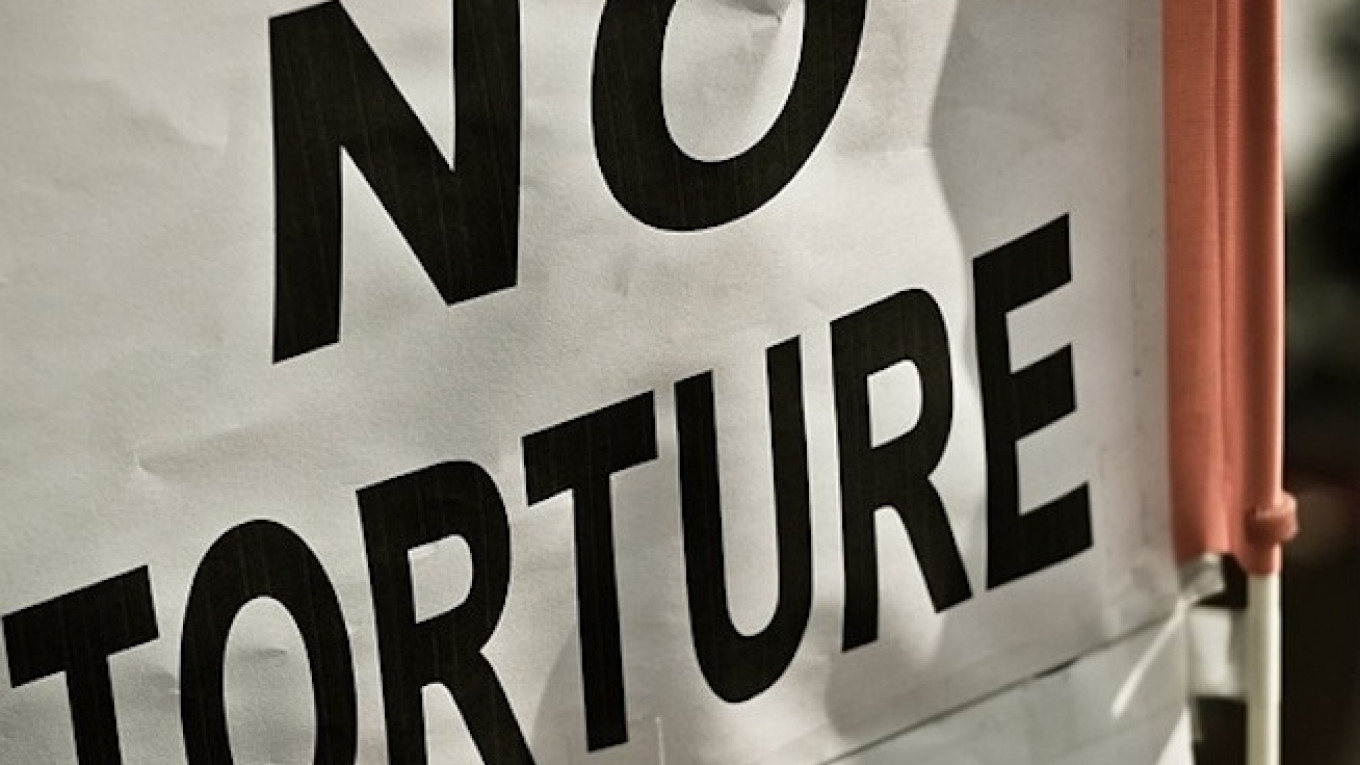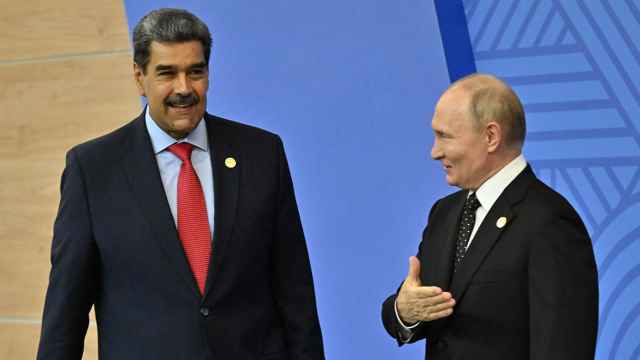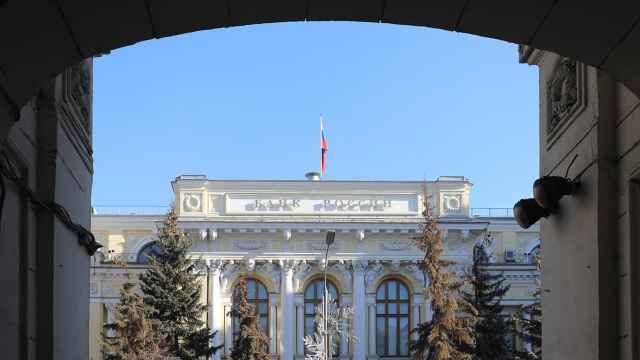Russians are less accepting of torture than people in Britain or the U.S., while also judging it more likely they themselves could become the victim of torture under the hands of the authorities, a report by rights organization Amnesty International shows.
A poll published Tuesday showed one in four Russians thought torture was justified for security purposes —the same number of respondents as Canada, but less than the U.S., with 45 percent, and Britain, with 29 percent.
Out of the 21 countries polled by Amnesty International, China topped the list, with 74 percent saying torture was acceptable under certain circumstances.
While Amnesty International offered no explanation for the differences between the countries, Russians are likely to associate government-sponsored torture with the suppression of political dissent in Soviet times under Joseph Stalin, while Western nations, such as the U.S. and Britain, primarily associate torture with the interrogations of suspected terrorists, such as al-Qaida members.
Another reason why Russians are relatively reluctant to accept torture compared to Britain, the U.S. or China, may stem from the fear that torture or police brutality could target ordinary citizens.
Nearly half of Russian respondents, 48 percent, said they might not be safe from torture if taken into custody by the authorities, compared to 15 percent in Britain, 32 percent in the U.S. and 25 percent in China, the report said.
Fear of torture was highest in Brazil, with 80 percent, followed by Mexico with 64 percent, while the lowest rates were reported in Britain, Australia and Canada.
The survey was conducted December 2013 and April 2014 among 21,221 citizens across 21 countries. No margin of error was provided.
A Message from The Moscow Times:
Dear readers,
We are facing unprecedented challenges. Russia's Prosecutor General's Office has designated The Moscow Times as an "undesirable" organization, criminalizing our work and putting our staff at risk of prosecution. This follows our earlier unjust labeling as a "foreign agent."
These actions are direct attempts to silence independent journalism in Russia. The authorities claim our work "discredits the decisions of the Russian leadership." We see things differently: we strive to provide accurate, unbiased reporting on Russia.
We, the journalists of The Moscow Times, refuse to be silenced. But to continue our work, we need your help.
Your support, no matter how small, makes a world of difference. If you can, please support us monthly starting from just $2. It's quick to set up, and every contribution makes a significant impact.
By supporting The Moscow Times, you're defending open, independent journalism in the face of repression. Thank you for standing with us.
Remind me later.






